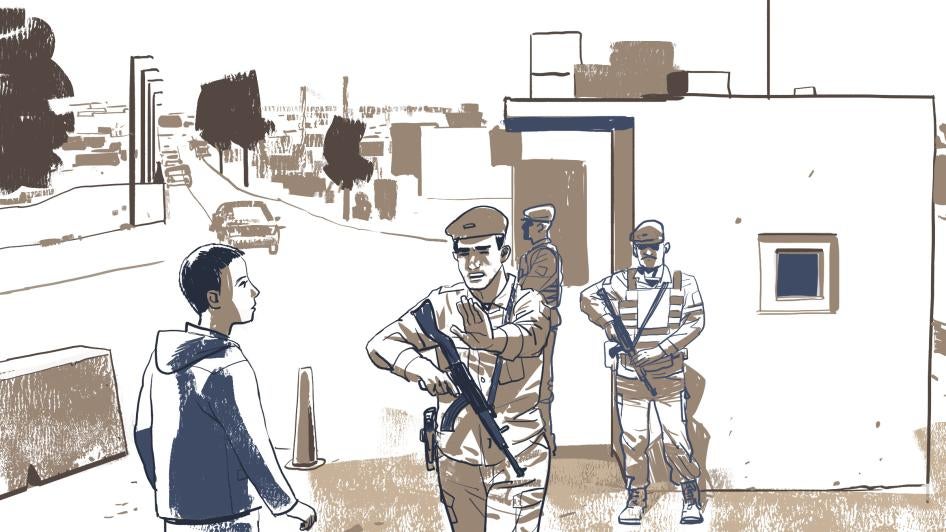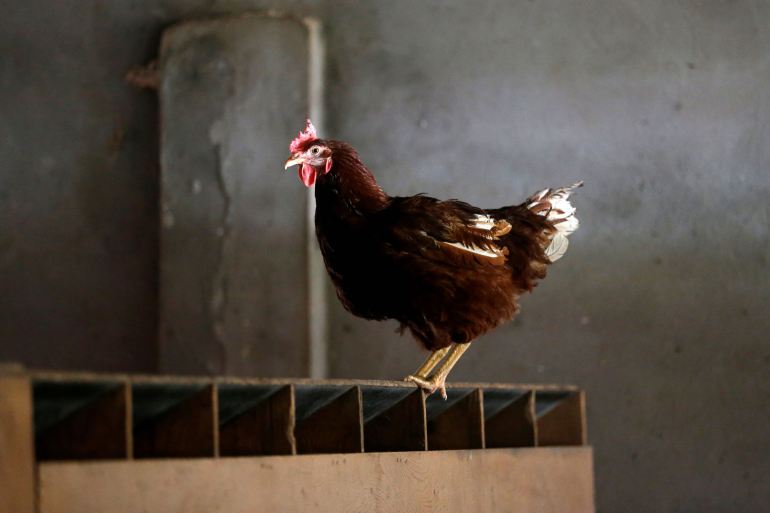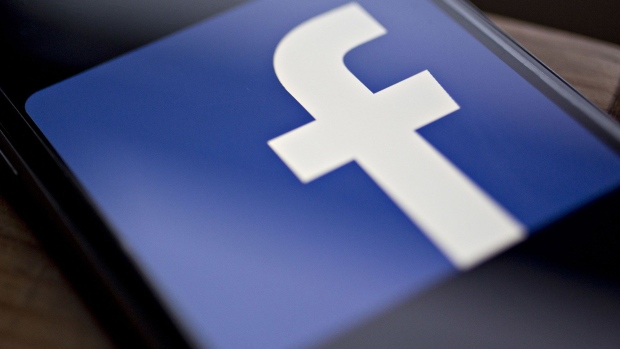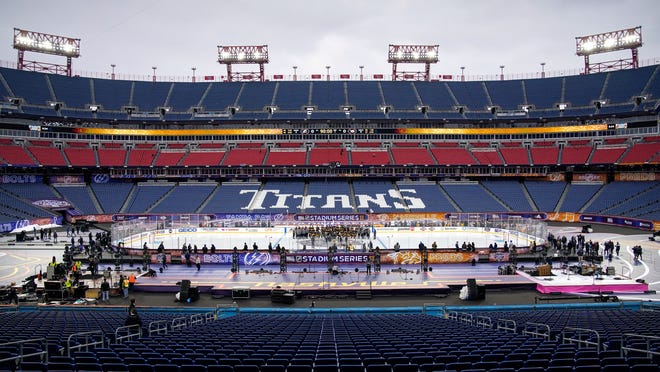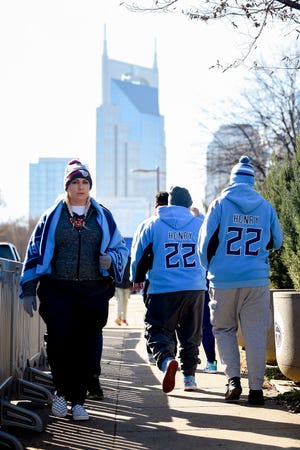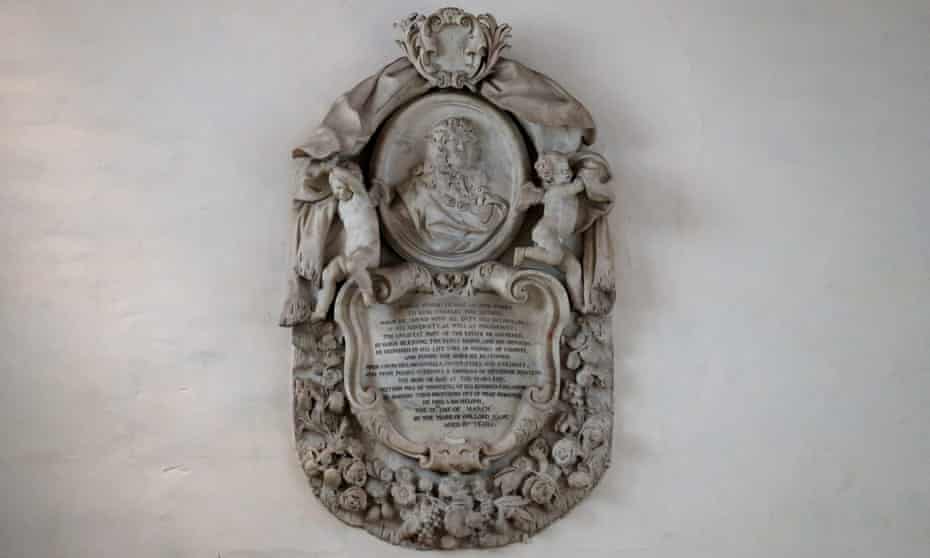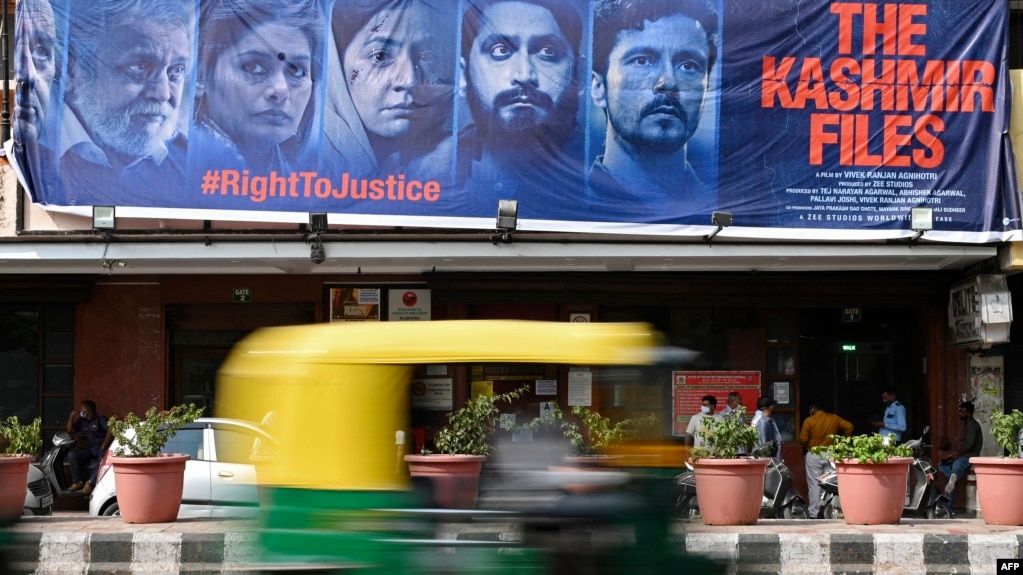“IT WAS NOT ALEXEI WHO WAS SENTENCED TODAY, BUT THE WHOLE RUSSIA”
Mar 29, 2022
Alexei Navalny, the most prominent critic of the Putin regime, was sentenced to nine years in a maximum-security penal colony.
On March 22, 2022, the Lefortovsky Court in Moscow sentenced Alexei Navalny to nine years in a strict regime penal colony for “fraud and contempt of the court.” The trial took place not in Moscow, but in a penal colony in the Vladimir region, where Navalny has been serving his sentence on the Yves Rocher case since last year. Four days before the verdict, Judge Margarita Kotova was promoted to the Moscow City Court.
VERDICT
A judge of Moscow’s Lefortovo Court sentenced politician Alexei Navalny to nine years in a strict regime penal colony and a fine of 1.2 million rubles, finding him guilty of fraud and contempt of court. Earlier the state prosecution asked the court to sentence Alexei Navalny to 13 years in a strict regime penal colony and a fine of 1.2 million rubles.
The sentence announced on March 22 will probably not be fully added to the term of imprisonment that the politician is already serving in the colony. However, the exact term of imprisonment he faces has not yet been explained.
The new term will commence on the moment of sentencing, that is, from March 22, 2022. If his imprisonment is not interrupted earlier, Navalny will be released from prison in 2031.
Alexei Navalny, who has been in the penal colony for more than a year after his suspended sentence in the “Yves Rocher” case was replaced with a real one, will be transferred to a strict regime penal colony. This means that he will be allowed fewer visits and can receive fewer parcels and other deliveries.
After Navalny was sentenced, the politician’s lawyers Olga Mikhailova and Vadim Kobzev were seized outside the penal colony. They were detained while giving an interview and were taken to the city police department. Subsequently, they were released.
WHAT IS THE ESSENCE OF THE CHARGES AGAINST NAVALNY
The investigation alleged that Alexei Navalny, acting together with his associates Leonid Volkov and Roman Rubanov, committed fraud by collecting donations to conduct anti-corruption investigations and for the 2018 presidential campaign. In the latter case, according to investigators, Navalny misled supporters because he could not be a candidate due to his criminal record. Navalny and his associates allegedly intended to spend the collected money “for personal purposes as well as for the activities of the non-profit FBK.”
Press releases from the Investigative Committee claimed that 356 million rubles out of the 588 million collected by Navalny had been spent for personal purposes. Four victims where presented in the case, who cumulatively transferred about 2.7 million rubles. Two of them were pronounced fake by the opposition leader’s associates, while the other two were real supporters of Navalny whom investigators had blackmailed into write statements because of their own legal problems.
The fraud case was combined with a contempt of court case, brought forth as a result of last year’s defamation trial. According to the investigation, during the trial Navalny insulted the judge and other participants of the process.
THE CONDUCT OF THE HEARING
The Moscow Lefortovo court heard the case in Correctional Colony No. 2 in the Vladimir region, where Navalny is being held. This is very rare — such off-site sessions most often concern petitions for parole and other issues related to serving one’s sentence. There are no known examples of when a Moscow court held a session in another region at all. Navalny’s defence indicated that such a decision was taken to close the process from the public.
The trial was held in the assembly hall, but most journalists were following the process from another location via video broadcast. They could enter the assembly hall itself without electronic equipment — only with a notebook and a pen. The sound and picture quality was simply awful; sometimes the broadcast was completely cut off. This happened, in particular, on the penultimate day, when Navalny spoke during the debates and his final speech.
“Fake” victims are considered by Navalny’s associates to be the handyman Alexei Koshelev, who donated 1.02 million rubles in 2020 and then allegedly disappointed, and pensioner Mikhail Kostenko, who transferred 50,100 rubles in 2017 (and then sued Leonid Volkov for the return of this amount). The size of Koshelev’s donation — just over a million rubles — corresponds to the size of the amount, after embezzlement of which a case of fraud on a particularly large scale can be initiated. The size of Kostenko’s donation – a little over 50 thousand rubles – allowed for his lawsuit to be considered in the district court, not in the magistrate’s court.
Navalny’s lawyers drew attention to the fact that Koshelev transferred money using an account number that was not publicly available. Questions were also raised about the significant size of the donation — Koshelev himself said that he earned about a million and a half rubles per year. Koshelev was unable to substantively answer these claims in court. The victim also demands that Navalny compensate him for moral damages because his daughter was allegedly detained at a rally in support of Navalny and is now “drinking antidepressants.”
Pensioner Mikhail Kostenko, who had already sued Navalny’s associates over his donation, appeared in court via video link. He said that he had been helped to write his statement by lawyer Ilya Remeslo, a man who positions himself as an opponent of Navalny and, for example, appears as an “expert” on the oppositionist on federal television. Remeslo represented him in court in 2017 and was a witness for the prosecution at this trial; as Navalny’s team told us, Remeslo is an old acquaintance of Mikhail Kostenko’s son-in-law. During the trial, the pensioner, according to broadcasts from the court, answered many questions that he did not remember, refused a civil suit against Navalny, and said that he had no claims against him.
Vyacheslav Kuzin of Samara, who donated 957,000 rubles over several years, spoke in closed session. According to Navalny’s side, he is under house arrest for his “past banking activities” and faces up to 10 years in prison. Entrepreneur Alexander Karnyukhin, who donated a total of 665,000 rubles, admitted during the hearing that he only felt like a victim when he was invited to the Investigative Committee. “They explained to me in the Investigative Committee from the very beginning that the organization [FBK] is extremist, which means that the money was not used as intended,” he said.
The highlight of the trial was the recantation of testimony by Fyodor Gorozhanko, a former FBK employee whom the prosecution had brought in as a witness. Gorozhanko had a conflict with Navalny’s associates — a year ago they accused him of stealing the database left on the website by Navalny’s supporters; he denied everything.
At the trial, Gorozhanko said that he intended to act as a witness for the defense and called the case against Navalny absurd and “falsely staged.” He also said that the investigators put pressure on him, demanding that he memorize the wording of the indictment.
After his speech, Gorozhanko left Russia. Only when he found himself abroad, he confessed that on the eve of his trial he had been to the IC, where he was not only forced to learn the wording of his testimony, but also hinted that he himself, as a former FbK employee, could become a defendant in a criminal case. On March 22 — the day of the verdict — Gorozhanko, together with Navalny’s associates, published a recording of the investigator’s statements.
Numerous defense witnesses also spoke in support of Navalny at the trial, including The New Times editor-in-chief Yevgenia Albats, who called her regular donations to Navalny’s projects her “best investment in life,” politician Ilya Yashin, human rights activist Sergei Davidis, journalist Bozhena Rynska, and other donors who said they did not believe they had been misled by Navalny.
“NUMBERS DON’T MATTER. IT’S A PLAQUE ABOVE THE PRISON CELLS.” WHAT NAVALNY SAID AFTER THE VERDICT
After the verdict was pronounced, Navalny posted a statement on his social networks in which he urged his supporters to continue their activities.
Here is his statement in full:
“Nine years of maximum security.
My spaceflight is a bit delayed — the ship got caught in a time loop.
It occurs to me that I’m like that guy from “Interstellar” in this saga. Remember, the main protagonists enter the station, having come up from a planet where time flows several times faster. And they are greeted by a dude with a beard in a bathrobe, “I’ve been waiting for you for 23 years, 4 months and 8 days.”
However, I immediately dismissed this thought. First of all, I have neither a beard nor a bathrobe. And secondly: it’s all nonsense. Numbers don’t matter. It’s a sign above the bunkhouse, that’s all. And just “wait” neither I nor my comrades will.
As I said in my “last word,” we are not just continuing the work of the Anti-Corruption Foundation, we are taking it to a new level. The Fund will become a global international organization. And we need you very much in it. Come on in.
The monetary part of the Sakharov Prize awarded to me by the European Parliament will be the first contribution to this fund. The citizens of the EU, through their representatives, gave me this prize for the fight against corruption. I am grateful and I will use their money to continue this fight.
By the way, notice that my “last word” was jammed by interrupting the broadcast.
Of course, words have power. Putin is afraid of the truth, I’ve always said so. Fighting censorship, getting the truth to the people of Russia has remained our priority.
The Kremlin is demolishing the media, and we are creating new ones in response. On March 5, I announced “The Popular Politics” [Navalny’s team new YouTube channel] — it now has almost a million subscribers. Join us, and together we will make the best media in Russia.
I’m very grateful to everyone for their support. And, guys, I want to say: the best support for me and other politicians is not sympathy and warm words, but action. Any activity against Putin’s lying and thieving regime. Any opposition to these war criminals.
The next thing I wrote when I heard my first sentence in 2013, and I repeat it now: don’t be idle. This toad sitting on the oil pipe is not going to throw itself off.
Hugs and love to all!”
REACTION TO THE VERDICT
Amnesty International called the verdict on Alexei Navalny “a cynical violation of human rights.” “Navalny faces nine years in prison for accusing the Russian elite of corruption and abuse of power. This sentence was predictable, but it has not become any less shocking. The world should not ignore this sentence and its significance against the backdrop of the horrific human rights violations we are witnessing as a result of Russia’s aggression against Ukraine,” said Marie Struthers, Amnesty International’s Eastern Europe and Central Asia director.
The European Union condemned the new conviction of Alexei Navalny and the extension of his “politically motivated imprisonment.” This was said in a statement by EU High Representative for Foreign Affairs and Security Policy Joseph Borrell, released on Tuesday, March 22. According to him, Russia’s crackdown on civil society, independent media, journalists, and human rights defenders is “intensifying against the backdrop of Russia’s ongoing military aggression against Ukraine,” and the Russian government “continues to blatantly ignore” all international obligations to respect human rights and fundamental freedoms.
Sergei Davidis, a member of the board of the human rights center Memorial, says: “This is yet another stage in the transformation of the instruments of criminal prosecution and the judicial system into pure fiction. In the past, they tried to give the repressions at least some semblance of legal form. The process of constantly shedding the scenery has long been under way, and these charges and the trial and conviction of Alexei Navalny are just another milestone along the way. Because the accusation is absolutely absurd, it contradicts the accusation that he is facing in other criminal cases. There is absolutely no evidence whatsoever.”
“The new Navalny sentence is all you need to know about Putin’s real popularity inside Russia. If he were so popular, he would not need to keep in prison Navalny. It’s just that simple,” former U.S. Ambassador to Russia Michael McFaul tweeted.
“The hypocrisy of the sentence handed down today to Alexei Navalny is disgusting. The prosecutor demanded thirteen years, the «humane” court gave nine. In fact, the term does not make any difference. Neither thirteen nor nine years can last this regime. The trial was clearly designed to make Alexei a high-security prisoner. Well. Now the whole of Russia has turned into a strict regime zone, and soon it will turn into a special regime. Freedom to Alexei Navalny. Freedom to Russia,” wrote Russian writer and social activist Boris Akunin.
“For Alexei Navalny, strength, stamina, and a soon release. The formal deadline, of course, does not matter. He will be released on the same day that Putin “leaves” the Kremlin. And it’s very likely that they will switch places,” Russian opposition politician Vladimir Kara-Murza commented on the court verdict.
“Nine years of strict regime. Forgive us sinners, Alexei. You did everything you could to bring the beautiful Russia of the future closer, you believed in it, as you believed in Russians, and this belief that we are just like the Europeans, we only need to change the authorities <…> Russians will now pay for the dream of reason and conscience with a long and painful payback. It was not Alexei who was sentenced to a strict regime today, but the entire country,” Russian journalist Andrei Loshak wrote about the verdict.
The politician’s wife Yulia Navalnaya also commented on the verdict. “Since Alexei quoted what he wrote after his first sentence, I will also remember 2013 and say what I already said at the Sakharov Prospekt rally: family is the strength of any normal person, especially a real politician. We have been together for more than 20 years, and year after year we learn how to be good parents and good spouses, but if we have to constantly resist pressure, we will learn this science, too. And the number nine doesn’t mean anything at all.”

